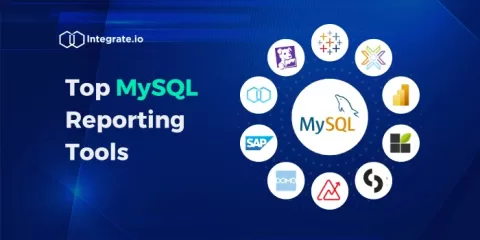The Pros and Cons of Point-to-Point Integration
Point-to-point integration is a method of connecting two or more software applications or systems together to exchange data seamlessly. It helps organizations break down data silos and enables the sharing of critical information across different systems. P2P integration eliminates the need for complex middleware or custom code, providing a more efficient and streamlined approach to data integration.











